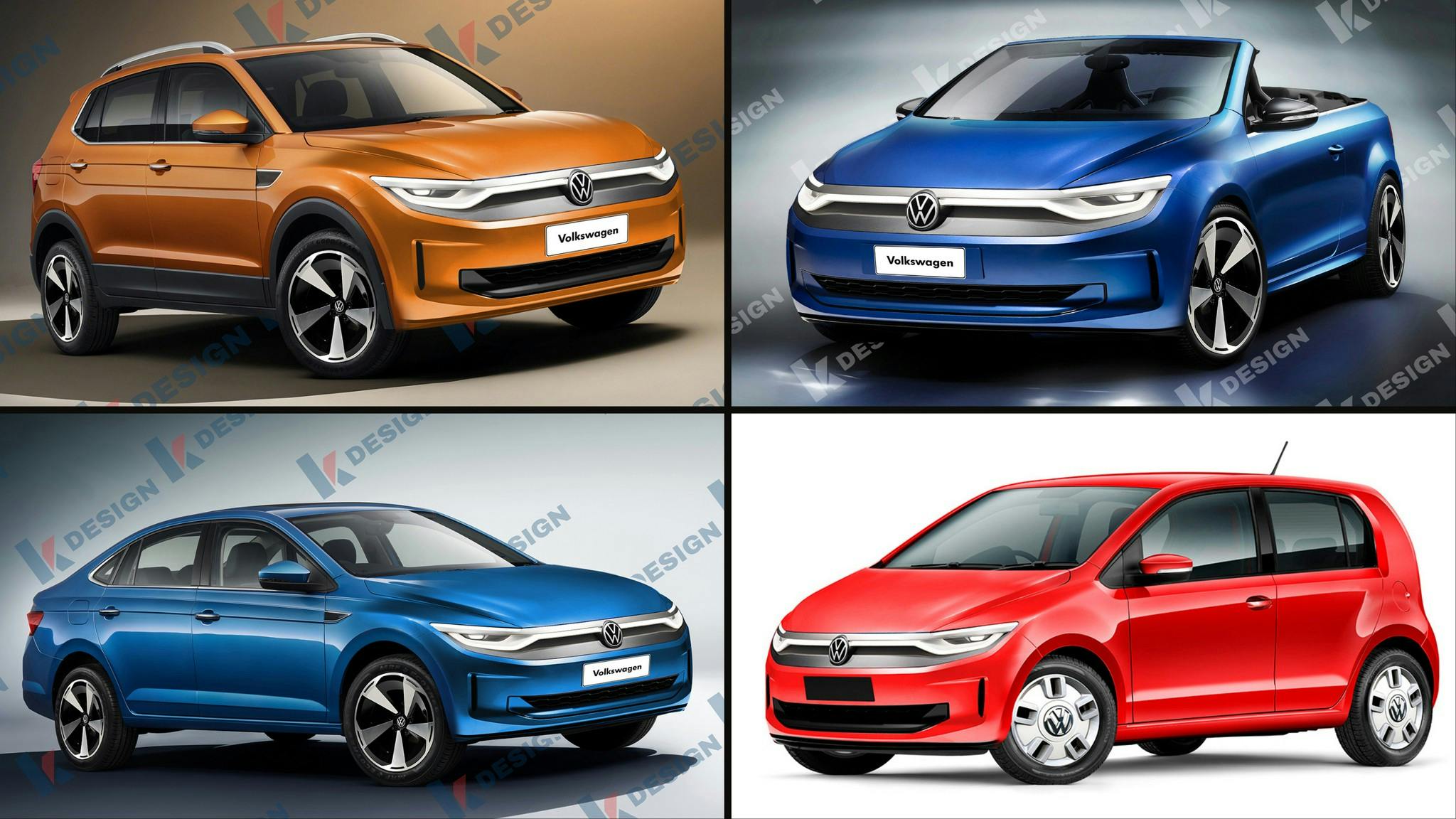
A Comparison of Sedans, SUVs and Crossovers
Choosing the right type of vehicle can be a daunting task, especially with the multitude of options available in today’s automotive market. Among the most popular choices are sedans, SUVs, and crossovers. Each of these vehicle types offers its own unique features and advantages, making it essential to understand their characteristics and match them with your specific needs and preferences. Read below as we compare sedans, SUVs, and crossovers, and provide guidance on how to find the perfect fit for your lifestyle.
Sedans have long been the go-to choice for individuals and small families seeking comfort, fuel efficiency, and a smooth ride. Key features of sedans include:
- Space and Comfort: Sedans typically offer ample seating space for passengers, with a roomy backseat and a spacious trunk for luggage or groceries.
- Fuel Efficiency: Due to their lighter weight and aerodynamic design, sedans often deliver better fuel economy compared to SUVs and crossovers, making them a cost-effective choice for daily commuting.
- Handling and Maneuverability: Sedans are known for their nimble handling and precise steering, making them ideal for urban environments and tight parking spaces.
- Affordability: In general, sedans are more budget-friendly compared to larger SUVs and crossovers, both in terms of upfront cost and long-term maintenance.
Sport Utility Vehicles (SUVs) have gained tremendous popularity in recent years, offering versatility, spaciousness, and a commanding presence on the road. Key features of SUVs include:
- Passenger and Cargo Space: SUVs provide generous interior space, with ample legroom and headroom for both front and rear passengers. Additionally, their larger cargo capacity makes them well-suited for families, outdoor enthusiasts, and those requiring extra storage.
- Off-Road Capability: Many SUV models offer optional all-wheel drive or four-wheel drive systems, enhancing their ability to tackle challenging terrains and adverse weather conditions.
- Towing Capacity: SUVs often have higher towing capacities compared to sedans and crossovers, making them suitable for hauling trailers, boats, or other heavy loads.
- Safety: SUVs are typically designed with advanced safety features and often have higher ride heights, which can provide better visibility on the road.
Crossovers blend elements of sedans and SUVs, offering a versatile and practical solution for those seeking a balance between space, fuel efficiency, and maneuverability. Key features of crossovers include:
- Space Optimization: Crossovers are designed to maximize interior space, featuring a flexible seating arrangement and ample cargo capacity. They often have a higher driving position, providing a better view of the road compared to sedans.
- Fuel Efficiency: Crossovers tend to have better fuel economy compared to larger SUVs, making them an attractive option for those prioritizing efficiency without compromising on space.
- Handling and Maneuverability: Crossovers generally offer car-like handling and smooth rides, like sedans, making them easy to navigate in urban environments.
- Versatility: Crossovers are well-suited for a wide range of lifestyles and activities, from daily commuting to family adventures, thanks to their adaptability and practicality.
How to Find the Perfect Fit
Finding the right vehicle for your needs requires careful consideration of various factors. Here are some steps to help you in the decision-making process:
- Assess Your Needs: Consider your lifestyle, daily usage, and priorities. Determine how many passengers you typically carry, the amount of cargo space required, and if you have specific towing or off-road needs.
- Evaluate Space Requirements: Assess the amount of interior space and cargo capacity you need. If you have a large family or frequently transport bulky items, an SUV or crossover may be more suitable.
- Consider Fuel Efficiency: Evaluate your commuting patterns and the importance of fuel economy to you. If you have long commutes or prioritize saving on fuel costs, a sedan or crossover might be a better fit.
- Test Drive: Take the time to test drive different models from each category. Pay attention to factors such as comfort, handling, visibility, and technology features.
- Set a Budget: Consider your budget not just for the purchase price but also for ongoing expenses like fuel, insurance, and maintenance. Factor in any additional costs associated with SUVs or crossovers, such as higher insurance premiums or increased fuel consumption.
Choosing between sedans, SUVs, and crossovers ultimately comes down to your specific needs, preferences, and budget. Sedans offer fuel efficiency and comfort, while SUVs provide versatility and off-road capabilities. Crossovers strike a balance between the two, offering a practical solution for many lifestyles. By assessing your requirements, considering space, fuel efficiency, and taking test drives, you can make an informed decision and find the perfect vehicle that meets your needs and enhances your driving experience.
Click Here to check out our variety of Sedans.
Click Here to check out our variety of SUV’s.
Click Here to check out our variety of Crossovers.

 Volkswagen ID.4
Volkswagen ID.4